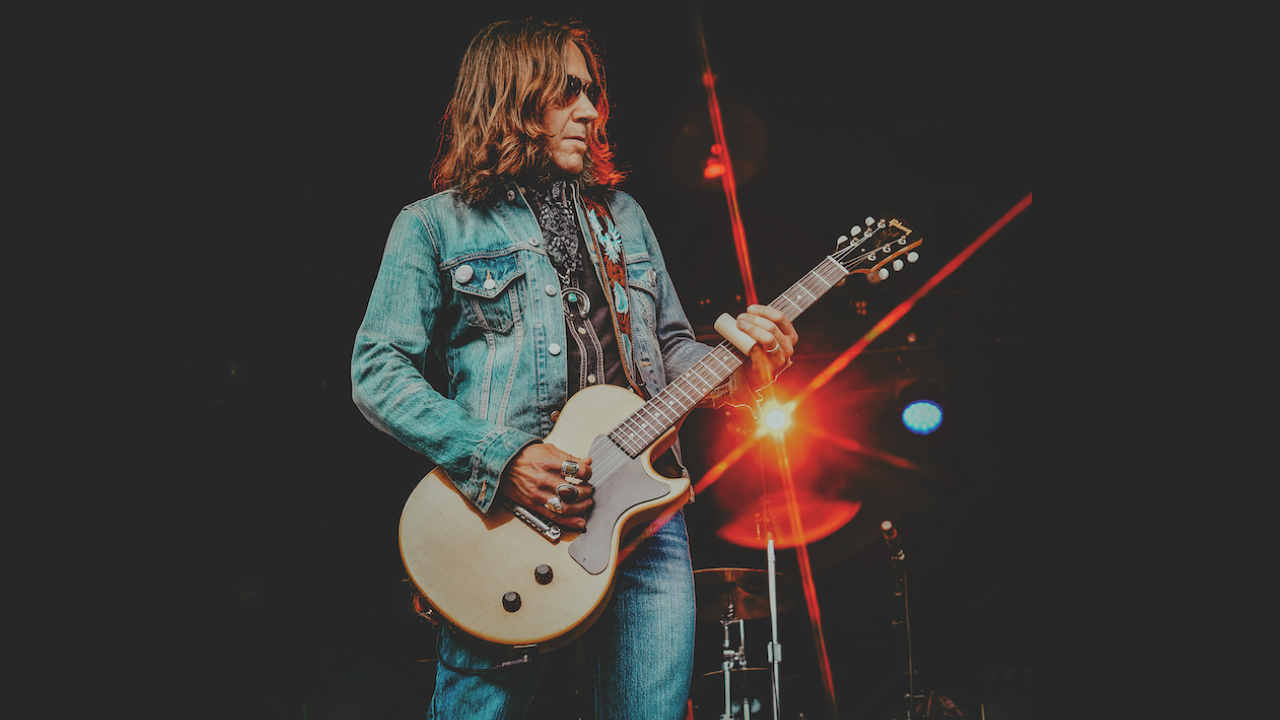“The amp that started it all is back”: Marshall’s first new build since the takeover is a streamlined, vintage-inspired take on its classic JTM45
The storied UK amp maker looks to be back on track with the downsized Studio JTM range

Marshall Amplification has announced the Studio JTM – its first new product since the legendary brand was bought by Marshall Headphones owner Zound in March of this year.
The Studio JTM takes the sonic hallmarks of Marshall’s legendary tube amp, the JTM45, and places it in a more compact footprint, with a user-friendly 20-watt power rating. It’s still handmade in the UK, but promises to be more lightweight “without compromising on sound quality”.
The original JTM45 has been favored by everyone from Angus Young, to David Gilmour, Peter Green and Jimi Hendrix, but while the tone has endured, the practicalities of heavy amp stacks have left them out of favor with modern players.
Like the other amps in the Studio range, the Studio JTM is intended to appeal to the players who want classic Marshall flavor and build quality, but without the backache (and tinnitus) associated with the vintage models.
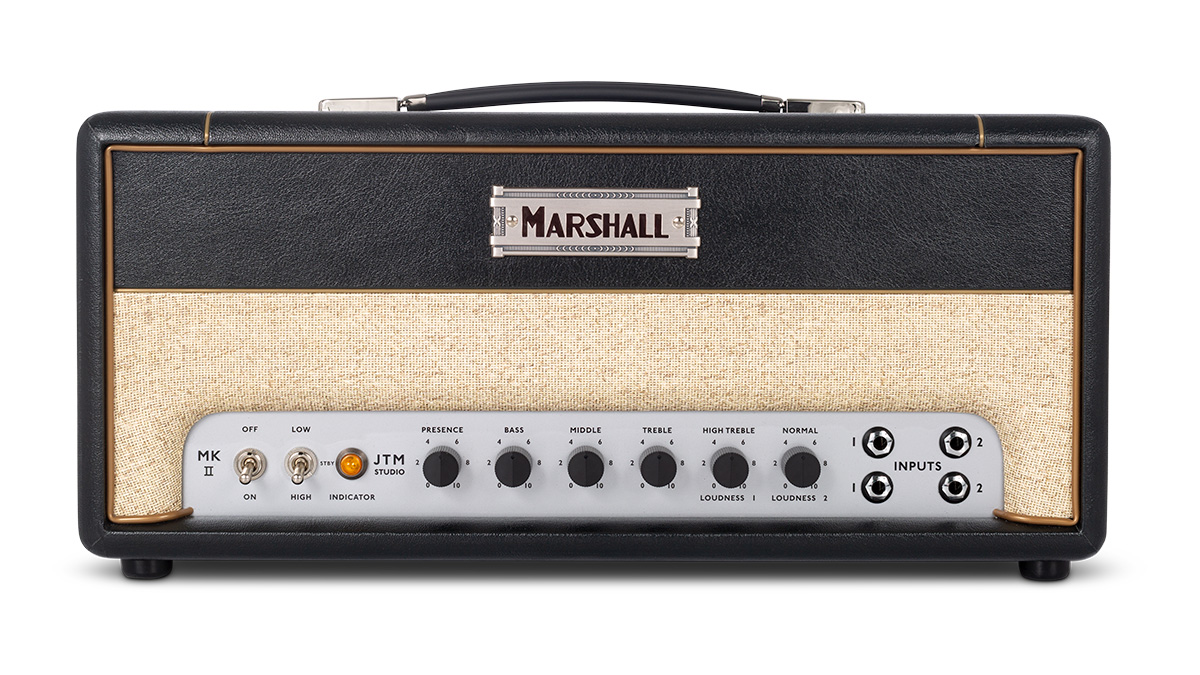
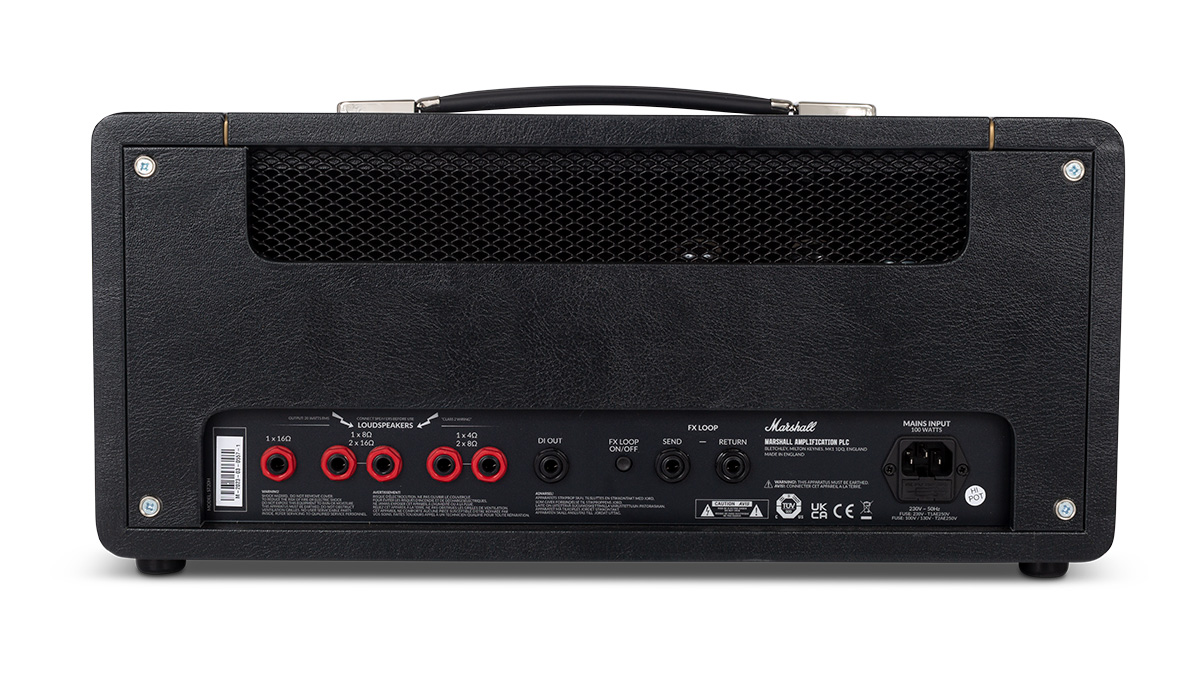
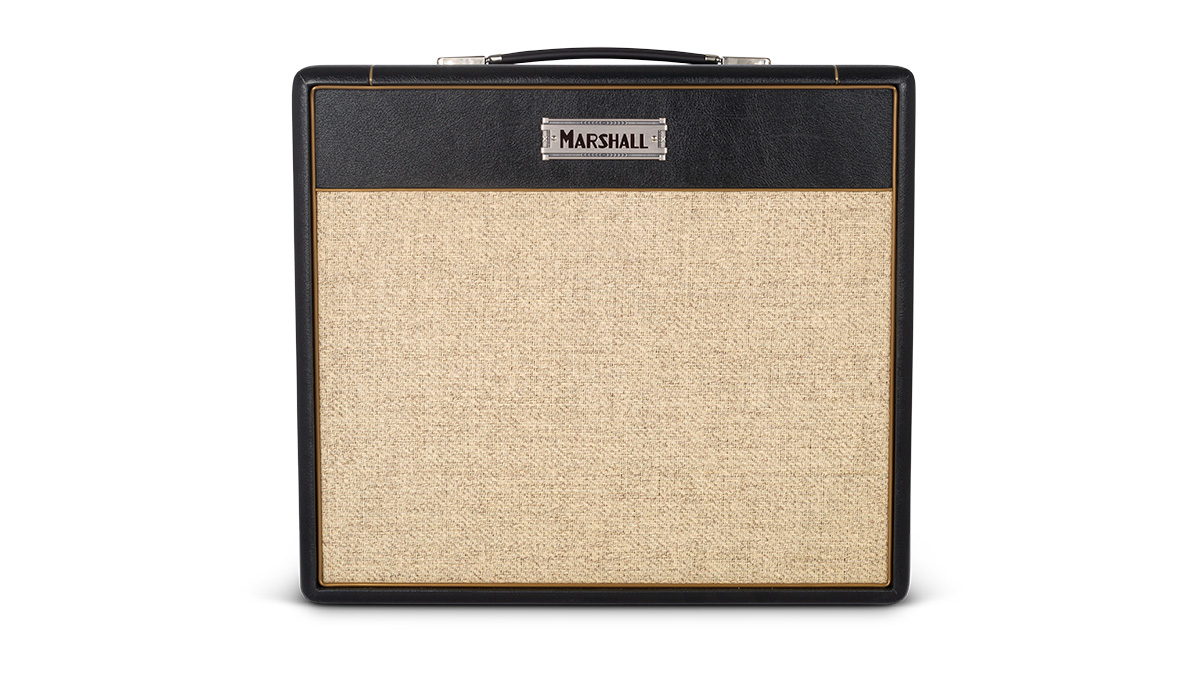
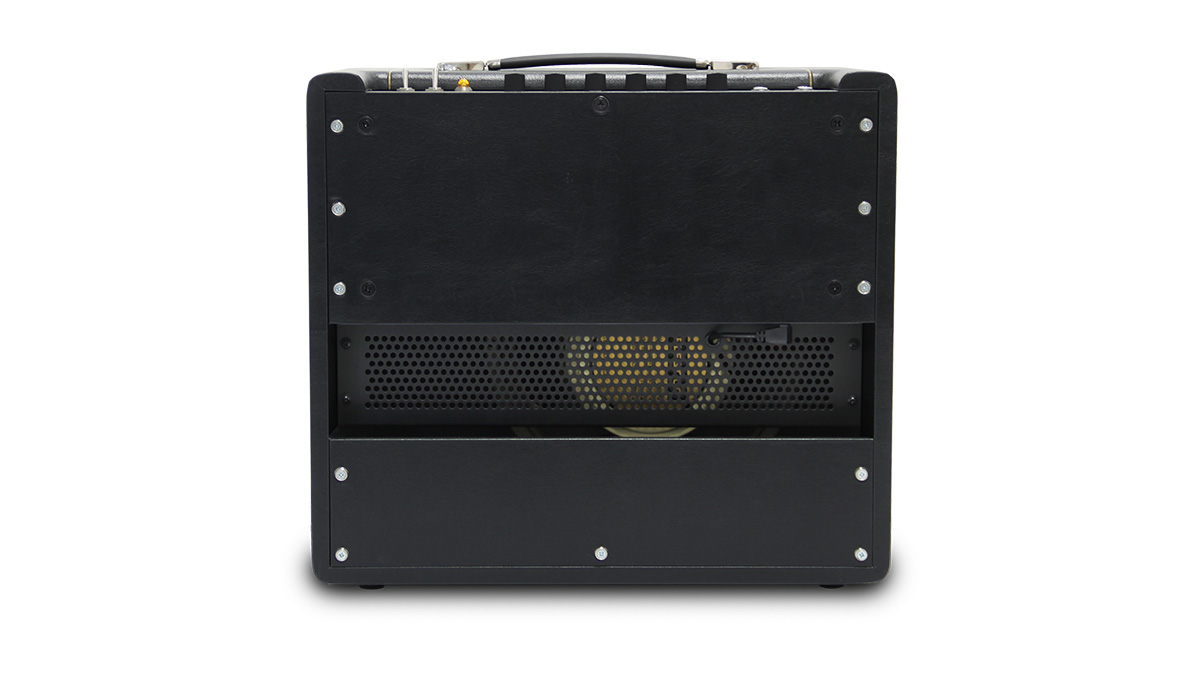
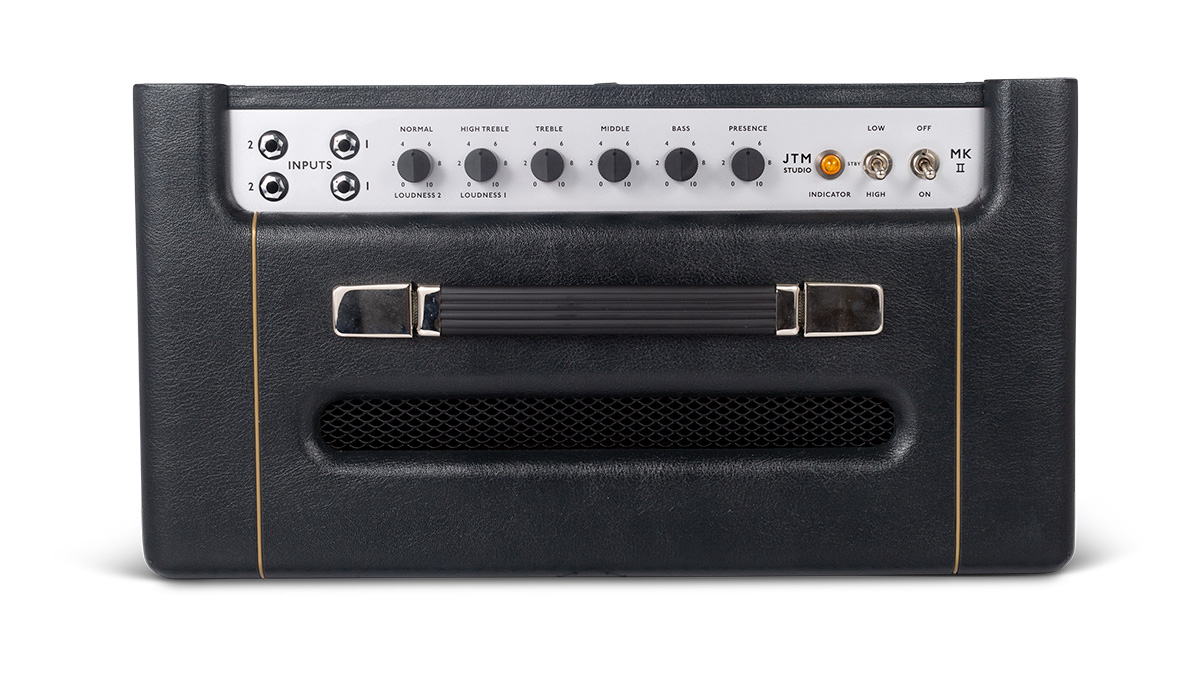
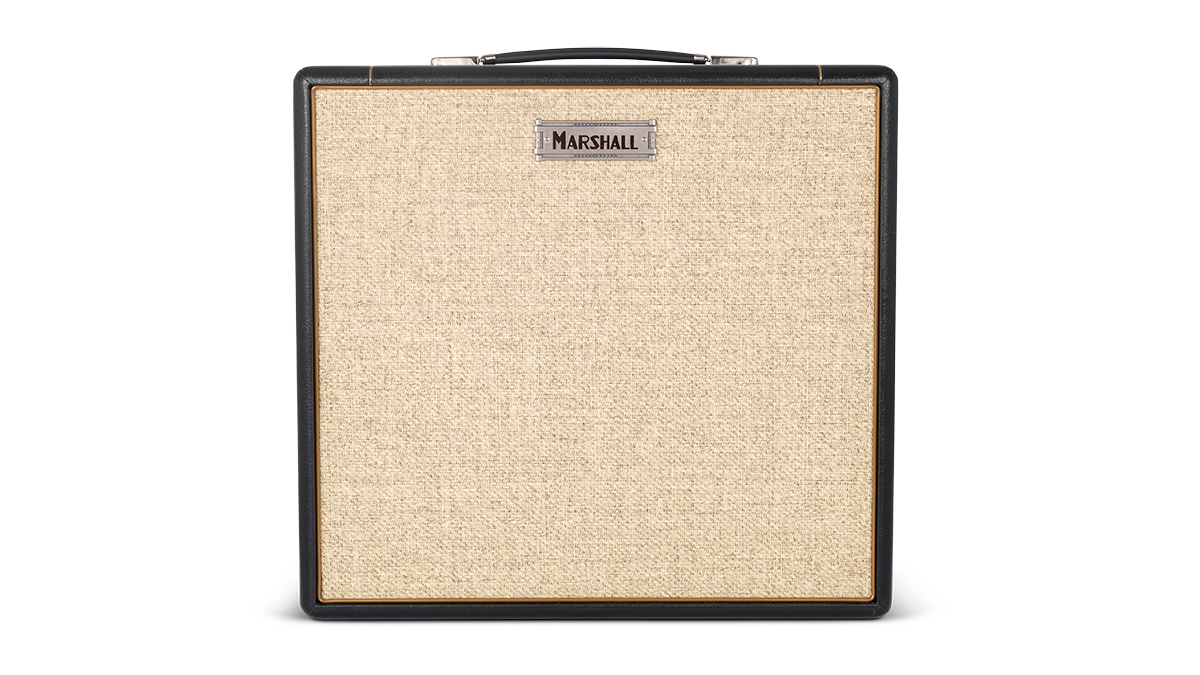
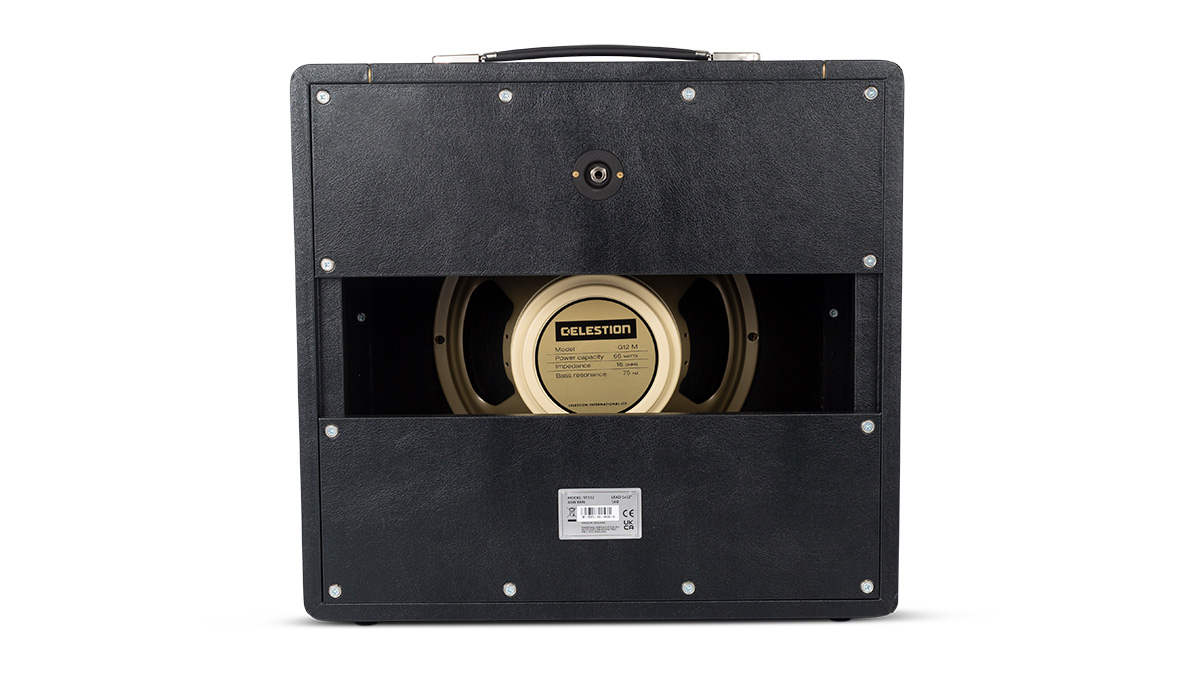
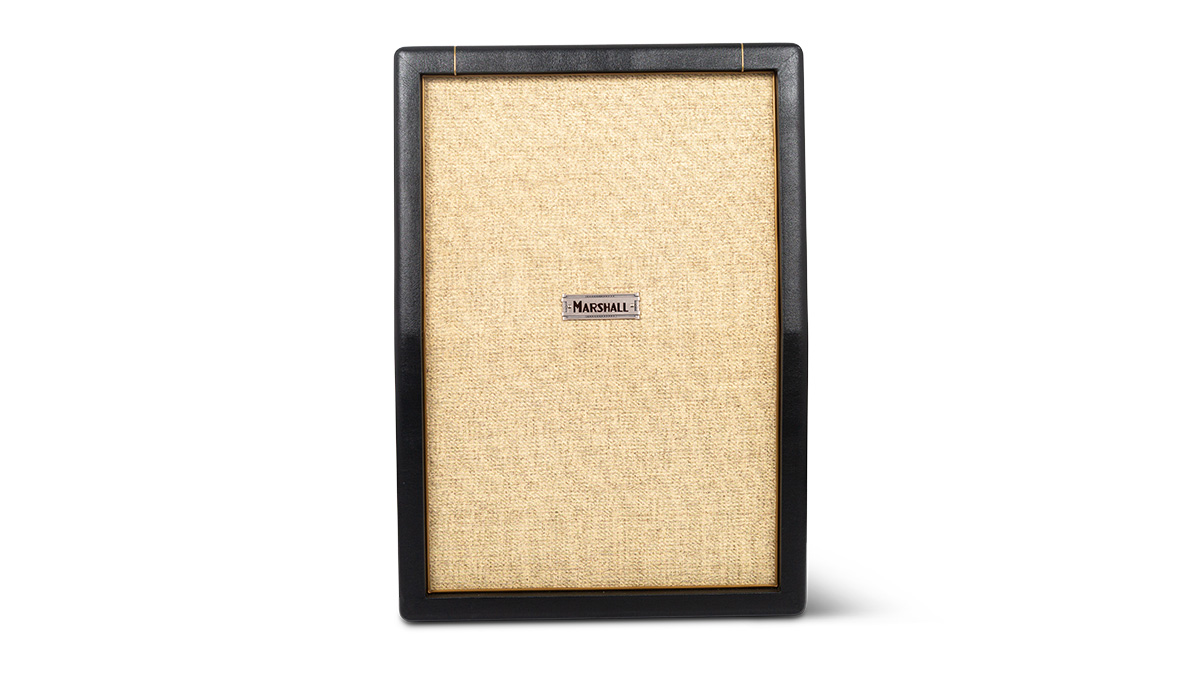
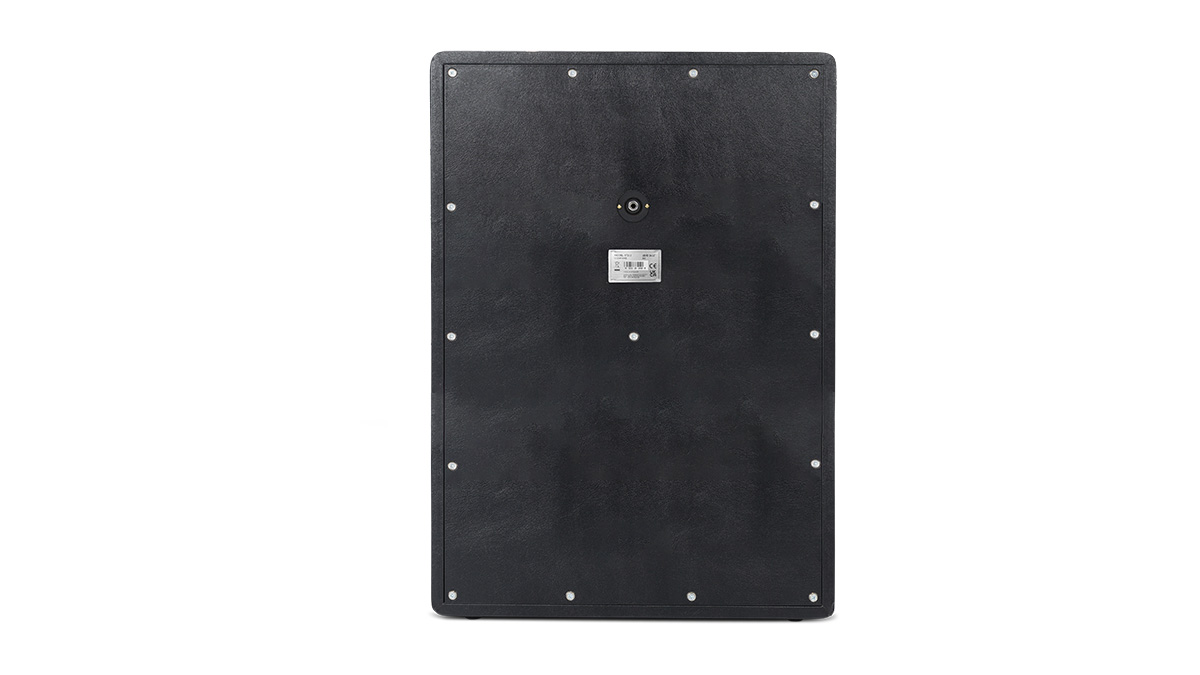
As such, the new models draw on many of the classic JTM45 components – including two ECC83 preamp tubes, two 5881 power amp tubes, an ECC83 phase splitter and, on the cabs, Creamback Celestion speakers – but also offer built-in power reduction, enabling you to reduce the output to five watts.
More bungs to modern players come in the form of a DI out and a built-in FX loop, not to mention a more lightweight design – with the head shaving about a third off the weight of its predecessor, coming in at 9.25kg (around 20lbs).
Given the recent lack of new Marshall amps and concerns about the takeover, the range also offers encouraging signs when it comes to the management’s understanding of the blend of legacy features and modern convenience prized by guitarists in 2023.
All the latest guitar news, interviews, lessons, reviews, deals and more, direct to your inbox!
For instance, the Studio JTM keeps the four High and Low sensitivity inputs, alongside the High Treble and Normal loudness controls of the much-loved original, meaning you can still patch the channels together and blend them with the respective volume knobs.
This is something many manufacturers might have been tempted to iron out (or reduce to a selector switch) in a compact design, but doing so would have removed one of the endearing quirks of the original.
On that point, the series – which consists of a head, combo amp and 1x12” and 2x12” cabinet options – really looks the part, channeling the original smooth levant covering, the fawn fret baffle and Marshall ‘coffin’ logo, alongside the distinctive gold piping.
Price-wise, you can expect to pay $2,350/£1,075 for the Studio JTM ST20H head and $2,650/£1,279 for the ST20C combo.
Head to Marshall Amps for more on the new range and to learn more about the amp that inspired it, check out Guitarist’s feature on the story of the Marshall JTM45.

Matt is Deputy Editor for GuitarWorld.com. Before that he spent 10 years as a freelance music journalist, interviewing artists for the likes of Total Guitar, Guitarist, Guitar World, MusicRadar, NME.com, DJ Mag and Electronic Sound. In 2020, he launched CreativeMoney.co.uk, which aims to share the ideas that make creative lifestyles more sustainable. He plays guitar, but should not be allowed near your delay pedals.

